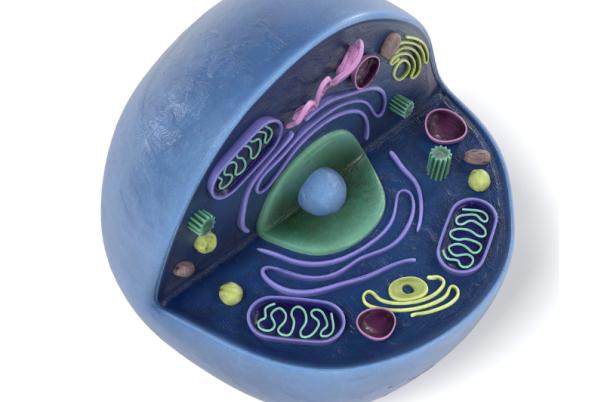VPS34 is a lipid kinase which phosphorylates phosphatidylinositol in the 3 position to generate PI3P which has been associated with autophagosome formation and endosomal tracking.
Sprint Bioscience’s lead compound is called SB02024, which inhibits VPS34. The compound has many drug-like properties and has been characterised by several cell-based in-house assays. Furthermore, SB02024 potent, selective, and has a good safety profile.
In vivo mouse studies of Sprint’s compound showed decreased tumour growth when benchmarked against SAR405, a Sanofi VPS34 inhibitor. These included syngeneic models for melanoma, colorectal cancer, and renal cell carcinoma.
Furthermore, knockdown experiments of autophage inhibition showed an increase in certain chemokines like CCL5, CXCL10, and IFN-gamma. CD45+ T cell infiltration also increased due to this inhibition, suggesting a potential for enhancing immune response against cancer.
Combining VPS34 inhibitors with STING agonists like ADU-S100 significantly improved tumor growth inhibition and immune response. This suggested that ADU-S100 and SB02024 synergise to promote tumour growth inhibition (TGI), almost abolishing the growth of B16F10 tumors.
To better understand the mechanism of action, the team tested the effect of SB02024 on clear cell renal carcinoma. This also saw an increase in infiltration of CD45+ T cells and a secretion of chemokines. NanoString analysis of the tumours revealed an increase in signalling within innate immunity pathways as well as type 1 INF-gamma mediated signalling.
The presentation suggests that VPS34 inhibition may prevent the degradation of intracellular DNA, thereby enhancing the cGAS-STING pathway activation, which is crucial for immune signalling in cancer therapy. The mechanism of action of VPS34i potentiation of STING agonists might have consequences on efficacy and safety in vivo.






